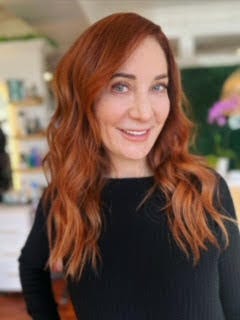In Her Words: Sheryl Kraft, Writing Her Next Chapter
She earned her MFA at age 50. Twenty years later, she is still going strong as an independent publisher and an accomplished freelance writer specializing in health topics.
In 1988 when my children were just 18 months and two-and-a-half years old, I was diagnosed with breast cancer. That changed my plans. I didn’t really know what was going to happen to me. So, rather than go back to work and risk missing out on their childhoods, I decided to stay home with my sons and I am very grateful that I was able to do that.



